Garage Gyms - Everything You Need To Know Recumbent Bike
Latest Articles
-

Best Recumbent Bike with Arm Exerciser 2025
A recumbent cross trainer exercise bike is a great choice for a full-body, low-impact workout [1]. It helps improve cardiovascular health, strengthen muscles, and reduce...
-
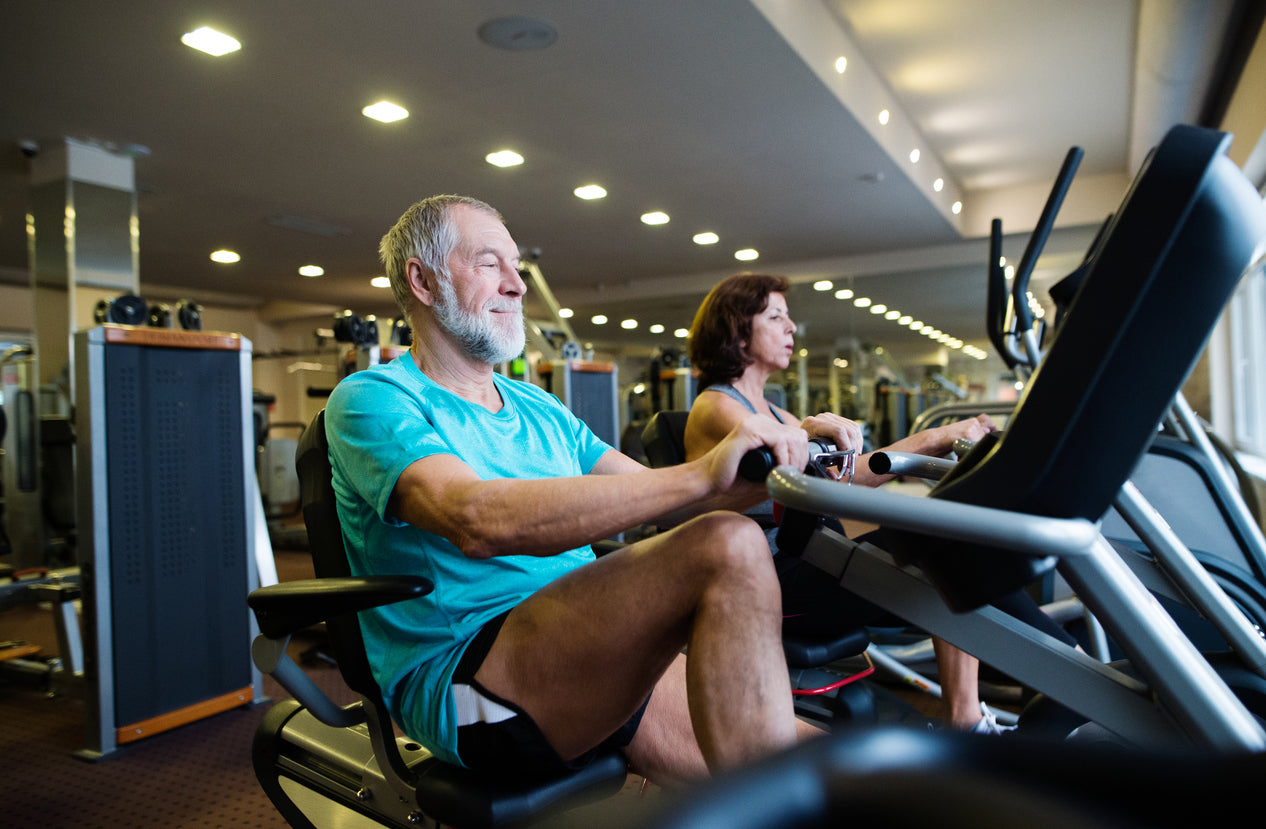
Top 10 Recumbent Bike Benefits Everyone Should Know
Ever think about why lots of people use recumbent bikes? These bikes give you comfort and safety. You can work out in a way that...
-

Recumbent Bike Vs Upright Bike
If you want to feel comfortable and supported, a recumbent bike may be best for you. If you want to burn more calories and use...
-

What is a Recumbent Exercise Bike?
A recumbent exercise bike is a type of stationary bike designed with a reclined seating position. Instead of leaning forward as you would on a...
-

Best Stationary Bike for Triathlon Training: A Complete Guide
Triathlon is one of the most demanding endurance sports, combining swimming, cycling, and running into a single grueling event. To succeed, athletes must build a...
-

Best Exercise Bike for Mountain Bikers
In this article, we’ll break down the best exercise bike options for mountain bikers, compare their features, explain how they support different training goals, and...
-
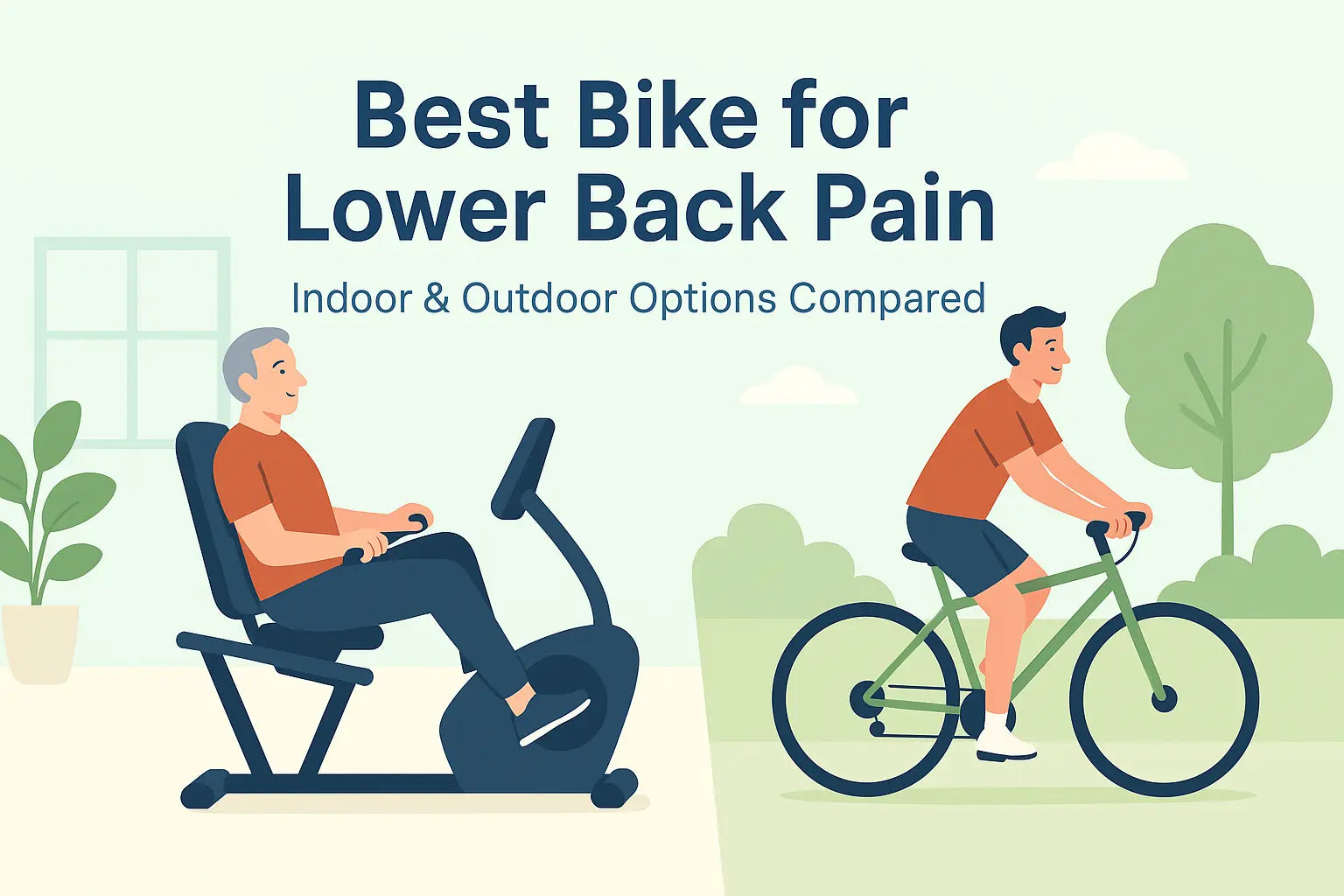
How to Choose the Right Exercise Bike for Lower Back Pain Relief
If you have lower back pain, you may ask, "What is the Best Exercise Bike for Lower Back Pain?" Comfort, support, and safety are very...
-
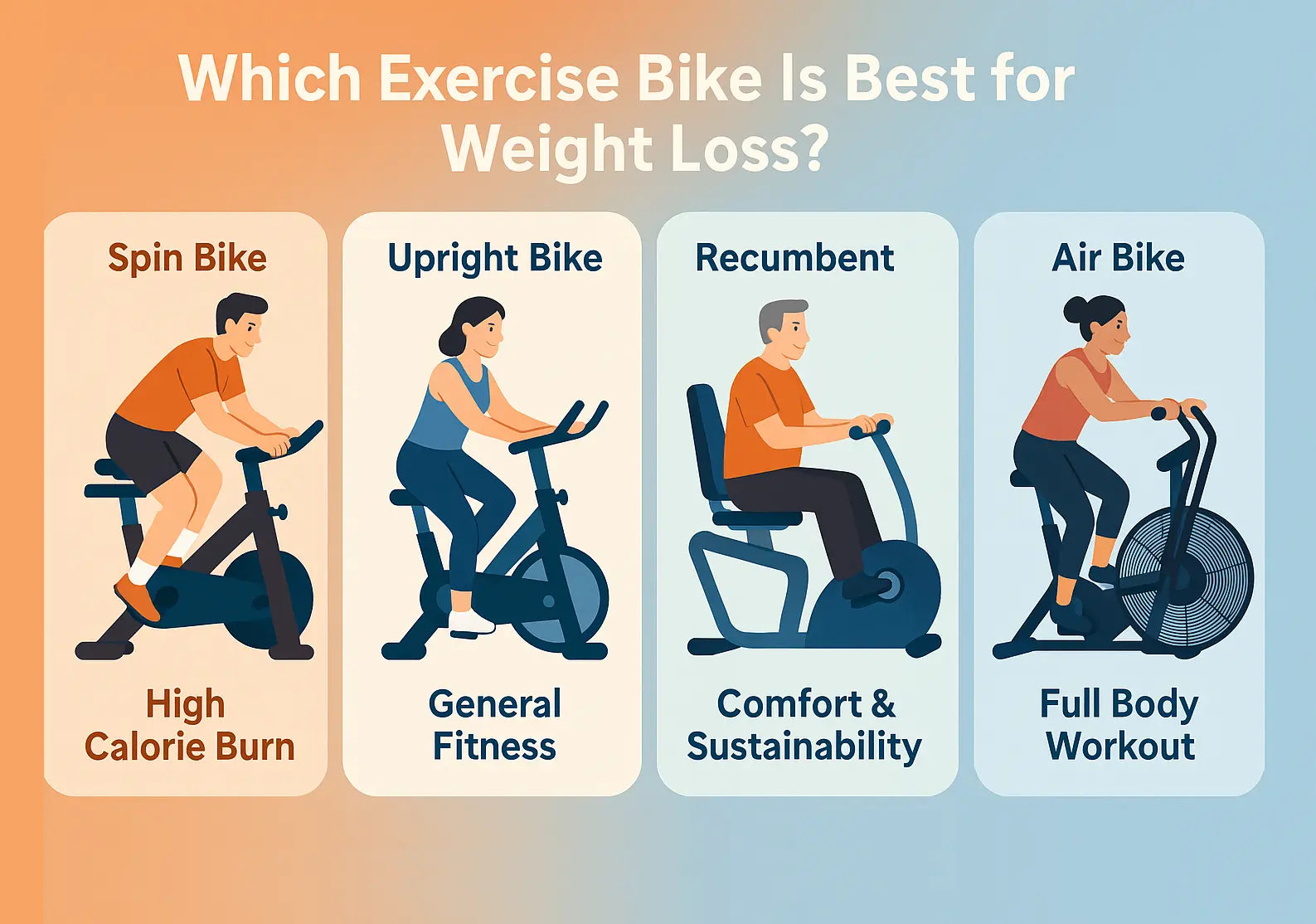
Which Exercise Bike Is Better for Weight Loss?
Losing weight is about creating a sustainable calorie deficit, and the type of cardio equipment you choose can make a big difference in how quickly...
-

The Benefits of Elliptical Recumbent Bike
In the pursuit of health, we often focus on physical transformation: losing weight, improving cardiovascular endurance, and building muscle. But what if the same exercise...
-

3 Smart Ways to Pick a Recumbent Bike with Moving Arms
Looking for the best exercise bikes can be hard. But you can make it easy. A recumbent bike with moving arms gives a gentle full-body...
-
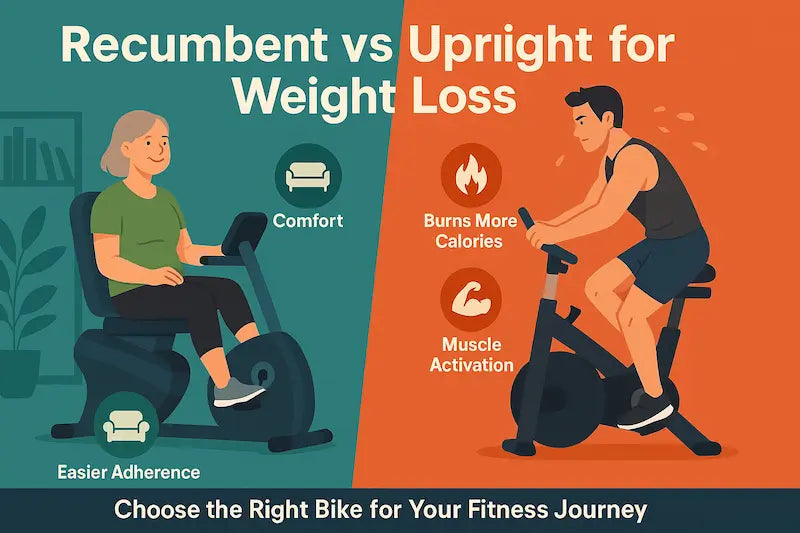
Recumbent Bike vs Upright Bike for Weight Loss
When it comes to burning calories and shedding pounds, cycling is one of the most effective and accessible forms of cardio exercise. But not all...
-
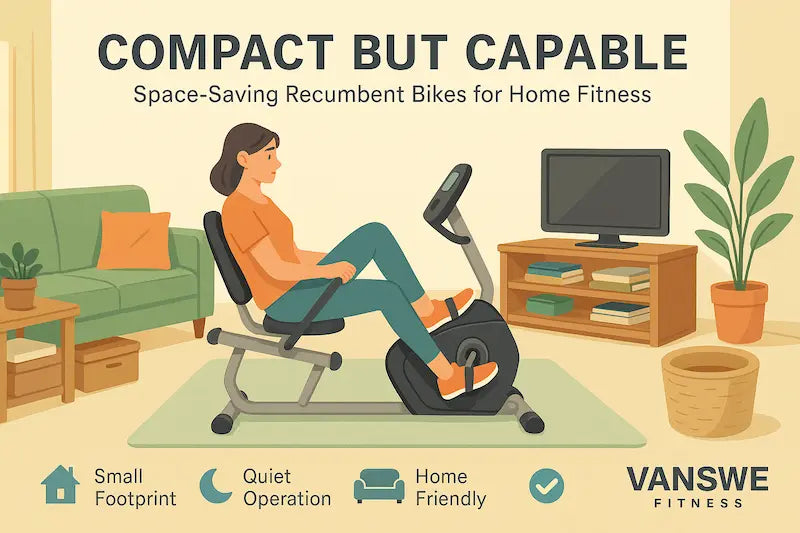
Best Compact Recumbent Bike in 2025
In today’s world, more people are trading in crowded gyms for home workouts—a trend accelerated by global events like the COVID-19 pandemic, which reshaped attitudes...
-

Recumbent Bike vs Upright Bike Muscle Groups: What's the Difference?
A recumbent bike mainly works your quads, hamstrings, and glutes with minimal core or upper body engagement, while an upright bike activates the same leg...
-
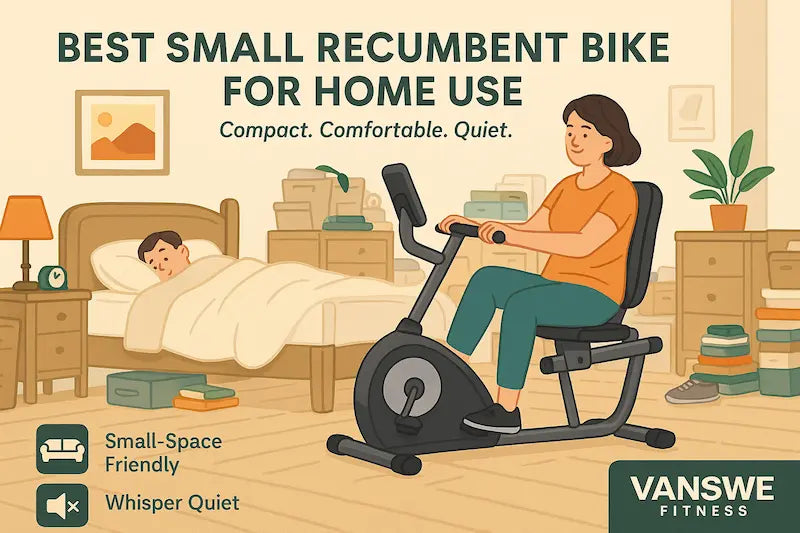
Best Small Recumbent Bike for Home Gym 2025
Why Choose a Small Recumbent Bike? Not everyone has the luxury of a home gym or spare room. For many people, fitness equipment must fit...
-
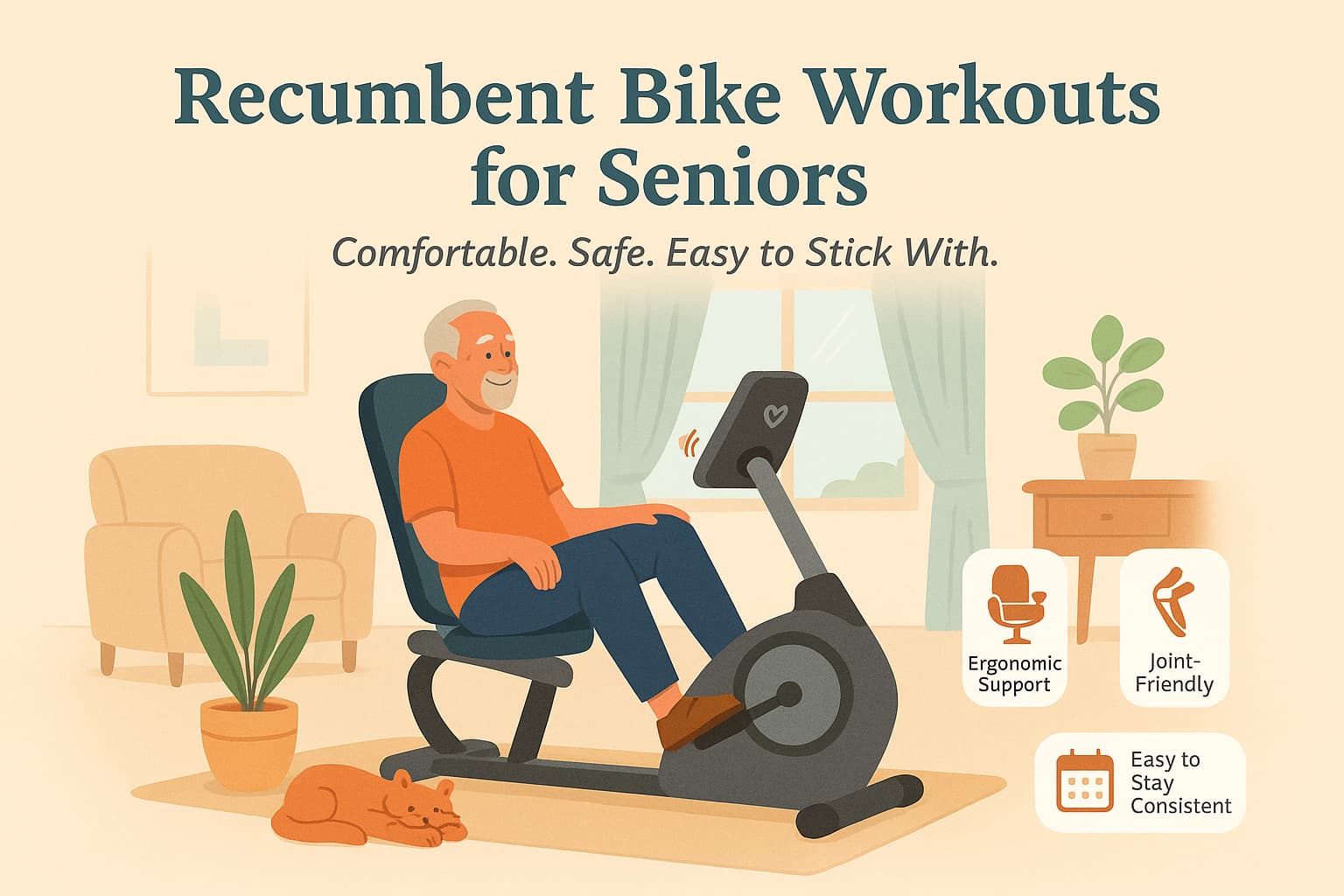
Recumbent Bike Workout for Seniors – Low-Impact Exercise Guide
As we age, staying physically active becomes even more crucial for maintaining independence, energy, and overall health. Engaging in regular physical activity is especially important...















